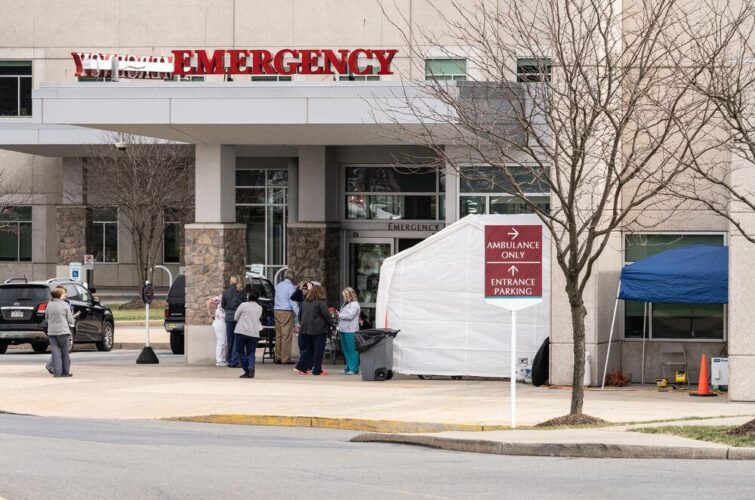
(The Center Square) — An aging state with a declining population in most counties, Pennsylvania's health care system is struggling to meet the needs of its residents.
“Here in the commonwealth, access to care is a crisis.” said Rep. Bridget Kosielowski, D-Scranton, during Thursday's joint meeting of the Health and Professional Licensing Committees. “There’s a lot of need, but there’s a lack of providers.”
Some experts argue that easing restrictions on nurses' ability to provide care could expand access in urban and rural areas, while doctors have a role in overseeing medical care. Some people emphasize the need to maintain it.
“Giving nurse practitioners full operational authority will impact the alarming workforce shortage in primary care.” said Janice Miller, a nurse practitioner and president-elect of the Pennsylvania Federation of Nurse Practitioners. “The workforce crisis is already here…In Pennsylvania, we are still in the dark ages of access to care.”
Dozens of states already allow certified nurses to provide medical care without physician supervision, but that effort has stalled in Pennsylvania for years.
In underserved areas, the number of primary care physicians is decreasing while the number of NPs and physician assistants is rapidly increasing. A common complaint among nurses in the Commonwealth is the lack of authority to practice and delays in obtaining licensure.
But doctors oppose such reforms.
“We strongly believe that a physician-led, team-based care delivery model maximizes each professional's education and training to provide optimal patient care.” David Sikos of the Pennsylvania Medical Society says:
Some were skeptical that a full medical institution could solve the access problem, since the bigger problem is a shortage of health care workers.
“I’m not convinced that scrapping the cooperation agreement will make much of a difference there.” said Hans Zuckerman of the Pennsylvania Osteopathic Physicians Association. “We are having a hard time hiring people. It’s not that there are a lot of advanced practitioners who are looking for work and can’t find it…The access issue is because we don’t have the infrastructure in place. Not because we don’t have enough graduates.”
Rep. Tariq Khan (D-Philadelphia), who is also a nurse, argued that the current system places an unfair burden on NPs.
“What we want is to be able to practice what we have been trained to do, nothing more. It is not right for one profession to be the supervisor of another. I think.” Mr Khan said. “Physicians are not supervisors of nutritionists or physical therapists. I take issue with comments that physicians should be the center of the medical team, or even the patient.”


